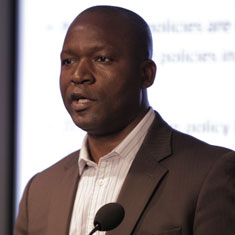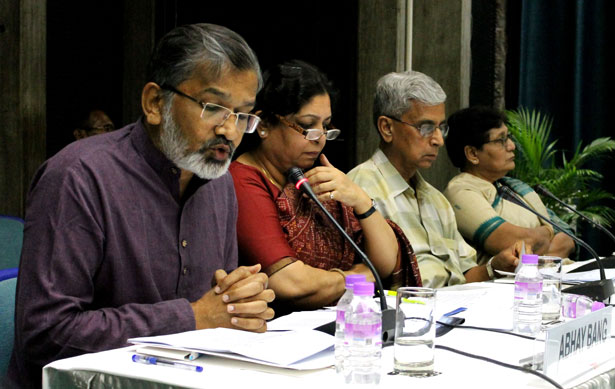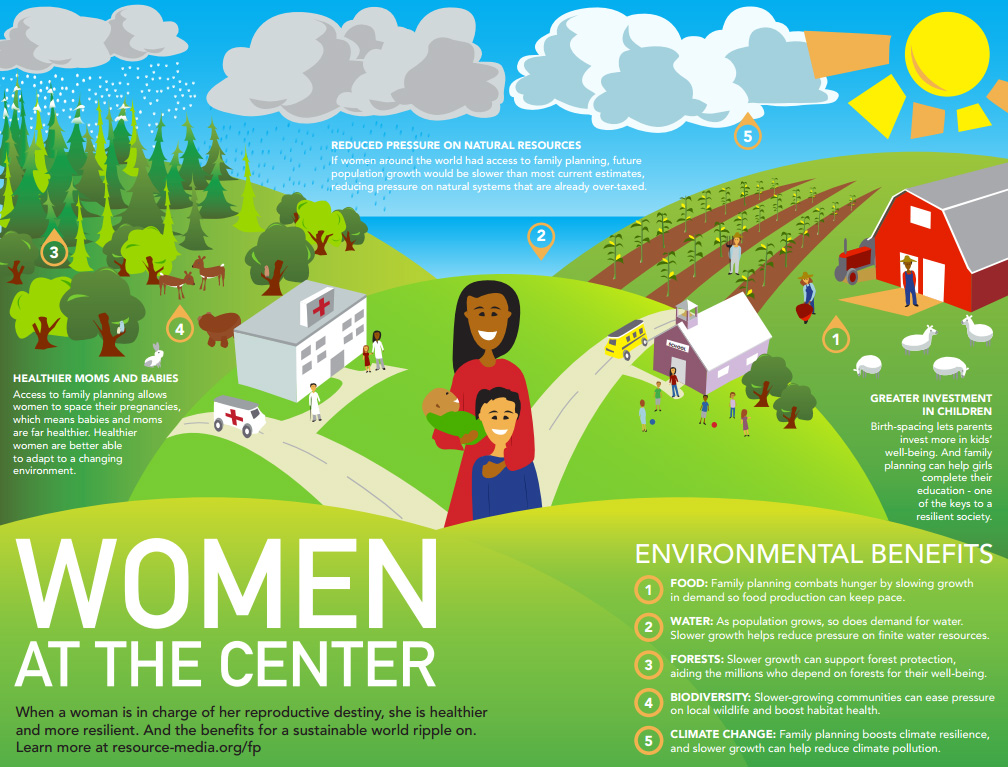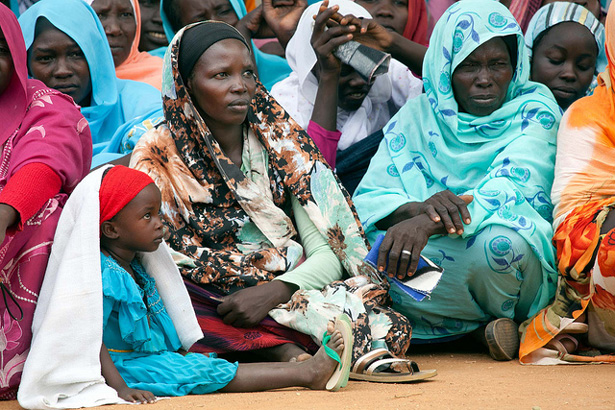-
In Kuala Lumpur, U.S. Congressional Staffers Briefed on Maternal Health Challenges in India
›
It’s funny when you bump into your neighbors on the other side of the world. Today I spoke about the Global Health Initiative’s recent collaboration with the Population Foundation of India at a regional briefing on health in South and Southeast Asia before the 2013 Women Deliver conference in Kuala Lumpur, Malaysia. The special roundtable was part of a week-long study tour for a group of U.S. Congressional staffers that work on foreign affairs.
-
From Alcohol to HIV/AIDS, Anita Raj on How Gender Inequities Affect Maternal Health in India
› “Improving the equity of women, the treatment of women and girls, the value of women and girls in society is a very important means of improving population health,” says Dr. Anita Raj of the University of California, San Diego. Traditional societal expectations of women and girls in India contribute to high early marriage rates, low birth spacing, high rates of sexually transmitted infections, and high rates of abuse. Efforts to improve maternal and child health should take these and other gender inequities into consideration. “The need to work on these issues and work on them immediately cannot be overstated,” she said.
“Improving the equity of women, the treatment of women and girls, the value of women and girls in society is a very important means of improving population health,” says Dr. Anita Raj of the University of California, San Diego. Traditional societal expectations of women and girls in India contribute to high early marriage rates, low birth spacing, high rates of sexually transmitted infections, and high rates of abuse. Efforts to improve maternal and child health should take these and other gender inequities into consideration. “The need to work on these issues and work on them immediately cannot be overstated,” she said. -
Jay Silverman on the Impact of Domestic Violence on Maternal and Child Health
›
“Violence against women is obviously a major factor in maternal and reproductive health,” says Jay Silverman, co-director of the Program on Gender Inequities and Global Health at the University of California, San Diego, in this week’s podcast. From hypertension to early delivery, “all of these things occur at significantly higher rates among women who have an abusive partner.” Silverman gives an overview of the “state of knowledge” about the effect of abuse on mothers and children and suggested that interventions during antenatal care that targets both women and their partners can reduce this important source of child and maternal morbidity.
-
Eliya Zulu on the Integration Imperative in African Development
›
“[Family planning] has great value for women’s health, for children’s health, but it also has great value for the environment, and it can also help…to promote economic development,” says Eliya Zulu in this week’s podcast. Zulu talks about the research he has conducted as executive director of the African Institute for Development Policy and emphasizes the need to pay attention to population and climate issues both at higher levels of development policy discussion and grassroots action. “We need to make sure we integrate at all levels,” he says.
-
Maternal Health in India: Making Progress in a Key Arena
›Maternal mortality causes 56,000 deaths every year in India, accounting for 20 percent of maternal deaths around the world, said John Townsend, vice president and director of the Population Council’s reproductive health program. It is a key battleground for maternal health advocates. But maternal health is sometimes eclipsed by other major health and development issues on the sub-continent. For example, nearly five times as many people suffer from HIV/AIDS and more than 400 million people live on less than $1.25 a day. [Video Below]
-
Cat Lazaroff, Resource Media
Infographic: Women, Reproductive Health at the Center of a Sustainable Future
›The original version of this article, by Cat Lazaroff, appeared on Resource Media.
What does family planning have to do with Earth Day? More than you might think. Family planning gives women and families the tools they need to decide whether and when to have children – and that, quite literally, can mean the world.
-
Linking Governance and Positive Maternal Health Outcomes in Africa
›
Sub-Saharan Africa is perhaps the riskiest place for a woman to give birth. According to the United Nations Population Fund (UNFPA), African women comprise approximately 56 percent of the maternal deaths and 91 percent of HIV-related maternal deaths worldwide every year. In order to bring life into this world, women in Africa literally must put their own lives on the line.
-
Rebecca Fishman, WASH Advocates
New Water and Women’s Health Series by MHTF and WASH Advocates
›
The original version of this article, by Rebecca Fishman, appeared on the WASH Advocates and Maternal Health Task Force blogs.
Access to clean water is not only one of the world’s most urgent health issues, but it is also a key to boosting progress in developing countries. Women and children are disproportionately affected by inadequate water, sanitation, and hygiene (WASH), and they shoulder the largest burden in collecting drinking water. What is more, when the needs of women and girls are not taken into account, the effects are felt far and wide, reaching across the education, health, security, and economic sectors. On the other hand, improving WASH can have positive impacts throughout a girl’s life and can even extend across generations. As we know, when women thrive, so do their communities.
Showing posts from category Dot-Mom.


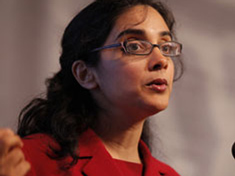 “Improving the equity of women, the treatment of women and girls, the value of women and girls in society is a very important means of improving population health,” says Dr. Anita Raj of the University of California, San Diego. Traditional societal expectations of women and girls in
“Improving the equity of women, the treatment of women and girls, the value of women and girls in society is a very important means of improving population health,” says Dr. Anita Raj of the University of California, San Diego. Traditional societal expectations of women and girls in 
